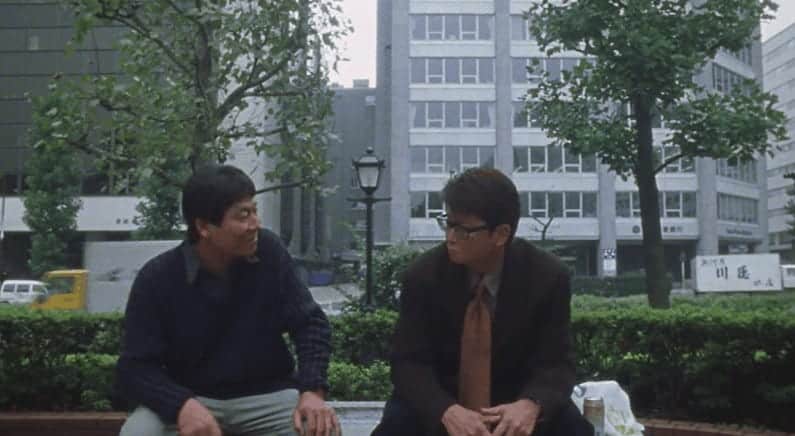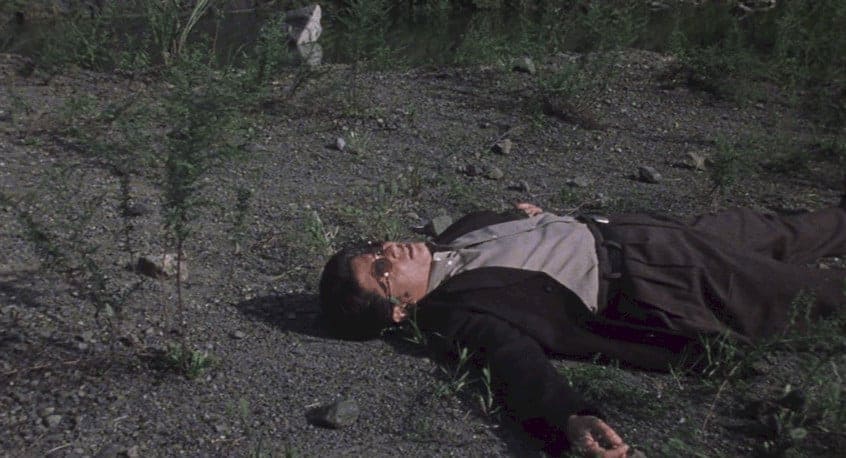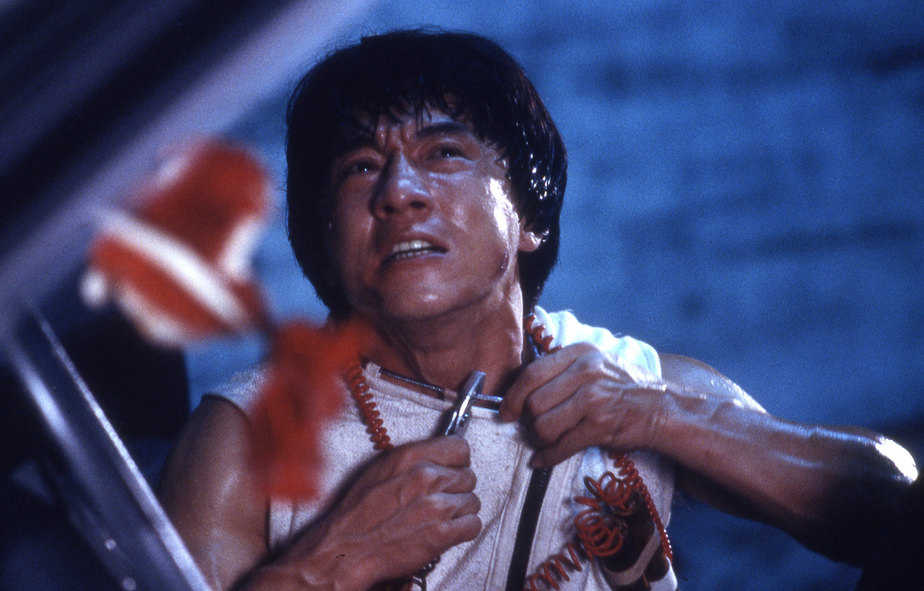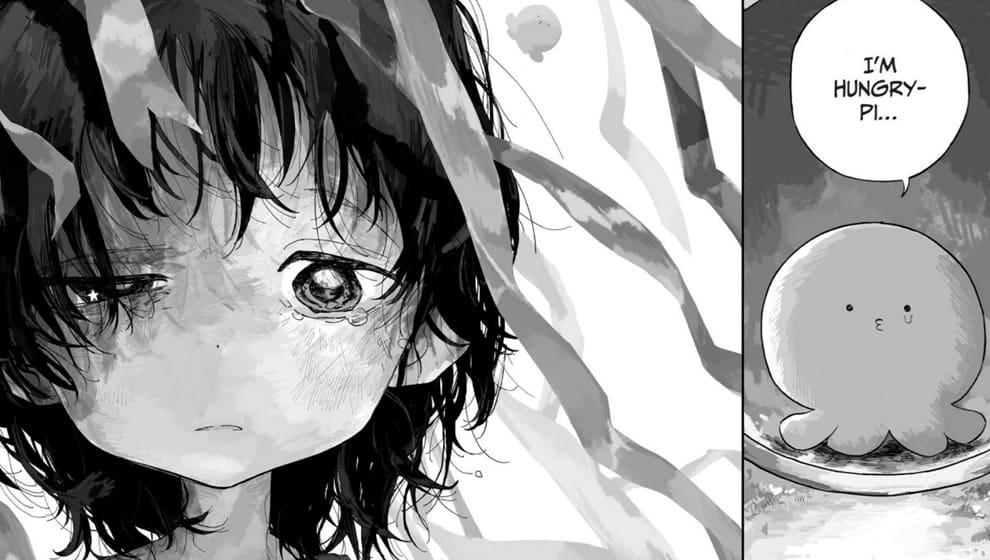After “Serpent's Path,” Kiyoshi Kurosawa immediately shot “Eyes of the Spider” based on a script written by himself and Yoichi Nishiyama, again dealing with the theme of revenge. While cast and crew stayed largely the same, with a few notable changes, this second feature is in many ways quite different to its predecessor. Perhaps Jerry White puts it best when he says both films seem like a “film school assignment, in which students must direct the same screenplay twice but with disparate tones” (from: “The films of Kiyoshi Kurosawa. Master of Fear”). Essentially, whereas “Serpent's Path” showed a man's descent into madness ignited by his desire for revenge, “Eyes of the Spider” focuses on the question whether taking revenge may actually bring a person peace of mind or result in some kind of catharsis.
Buy This Title
When his daughter is murdered, white-collar worker Nijima (Sho Aikawa) has his mind set on taking revenge and he eventually succeeds in finding the culprit. After a few days of torture as well as finding out the motif behind the murder, he finally kills the man and continues leading his life, working in the office and in the evening engaging in a few moment of conversation with his wife, who urges him repeatedly to finally clean up the empty room of their daughter.
One day, during his lunch break, Nijima runs into an old high-school friend of his, a man named Iwamatsu (Dankan) who, after a few minutes of reminiscing the past, asks Nijima to work for his company. Since he is mostly bored by his current work, he agrees, but quickly finds out working for Nijima is even more tedious, as his days consist of nothing more than stamping and signing papers. However, he finds out about the true nature of Iwamatsu's business: he and his men are hired killers doing contracts mostly for the yakuza, eliminating enemy bosses. Since Nijima shows quite a lot of skill and ruthlessness as he eventually joins the group on their grisly work, he receives the attention of a very powerful crime lord.

Compared to “Serpent's Path”, “Eyes of the Spider” is quite a challenging viewing experience, much of it due to the fact the narrative seems to be just as aimless as the protagonist. In many ways, Kurosawa further distances this movie from any genre and even a thematic foundation, as Nijima has already found the murderer of his daughter and eventually executes him. Unlike Teruyuki Kagawa's character in the first film, there is no (superficial) sense of madness or indeed emotional turmoil within Nijima. Even as the bringer of death, when he works together with the hired killers, there is no sign of emotion in his face, similar to his expression when he does the office works, an exercise Kurosawa seems to put as much emphasis on as to the violent acts Nijima commits.
Additionally, the notion of emptiness, which emphasized the dark, moody tone in “Serpent's Path”, has an almost absurdist tone in “Eyes of the Spider”. Again, Masaki Tamura's camera captures this feeling of emptiness, or rather the void within the central character through the use of a series of long takes and static shots. In the end, even though it has almost the same running time as the former film, “Eyes of the Spider” feels like a much longer film since there is no fascination or interest in watching a “limp” character sleep-walking through life and death, steeping from one bizarre situation into the next.
“Eyes of the Spider” is an absurdist thriller showing the emotional numbness after having taken revenge. As a companion piece to “Serpent's Path” it may have some interest to some viewers, especially given its aesthetic connections to other works of the director, but overall it is an exhausting experience for its viewer.
















